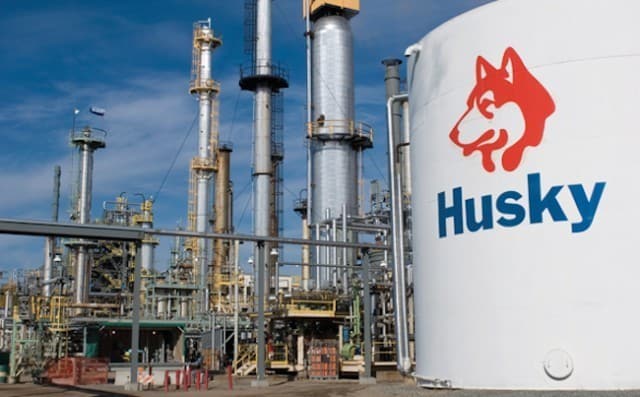
Husky Energy cutting capital spending by $500 million
About 370 jobs have been cut at Husky Energy Inc. this year with most of the reductions coming in a major round of layoffs in October, CEO Rob Peabody revealed on a conference call Monday to discuss the company’s guidance for 2020 and 2021.
The Calgary-based company had refused previously to say how many workers were affected by job cuts designed to better align its workforce with lower capital spending plans going forward.
“What we’re seeing is that (the reductions) will generate forward savings of about $70 million … per year,” said Peabody, adding the company will take a charge against earnings of $70 million in the fourth quarter to account for the cuts. “We’re going to continue those efforts to capitalize on the fact we’ve created a more focused and a simpler company.”
In a regulatory filing earlier this year, Husky said it had 5,157 permanent employees at the end of 2018, little changed from the numbers at the end of 2016 and 2017.
Capital spending for 2020 and 2021 is being cut by $500 million compared with guidance released last spring due to what Husky called changing market conditions.
The budget for 2020 is to fall by about $100 million to between $3.2 billion and $3.4 billion, while the following year it will drop by an additional $400 million.
The savings next year will mainly come from lower spending on cold flow heavy oil projects in Western Canada but production will increase by about four per cent thanks to the startup of two thermal heavy oil projects near Lloydminster, Sask., that use steam to aid flow from wells.
Average upstream production is expected to be in the range of 295,000 to 310,000 barrels of oil equivalent per day for 2020.
That includes about 5,000 barrels of oil per day in the first half of the year expected to be interrupted by the Alberta government’s oil curtailment program and planned maintenance activities, Husky said.
Capital spending for 2020 will focus on the thermal projects, its Liuhua 29-1 offshore natural gas project in China and construction of the West White Rose Project in the Atlantic region, Husky said.
Production is expected to rise about about 10 per cent in 2021 as new projects come on stream.
Husky said it expects to spend about $500 million next year related to the ongoing rebuild of its Superior Refinery in Wisconsin, which was partly destroyed by a fire in April 2018.


